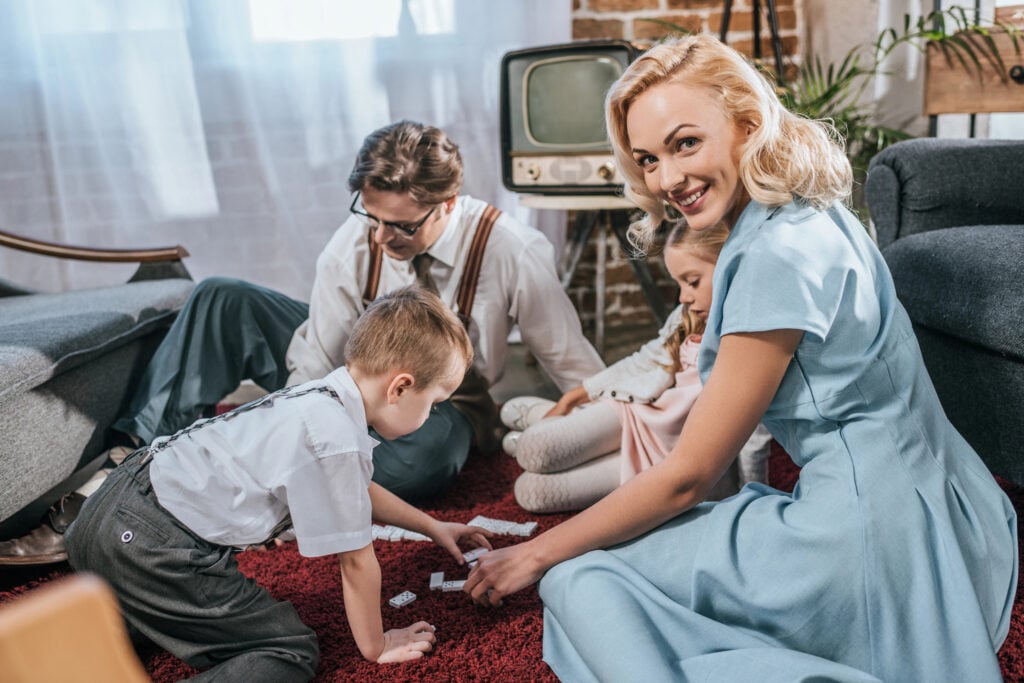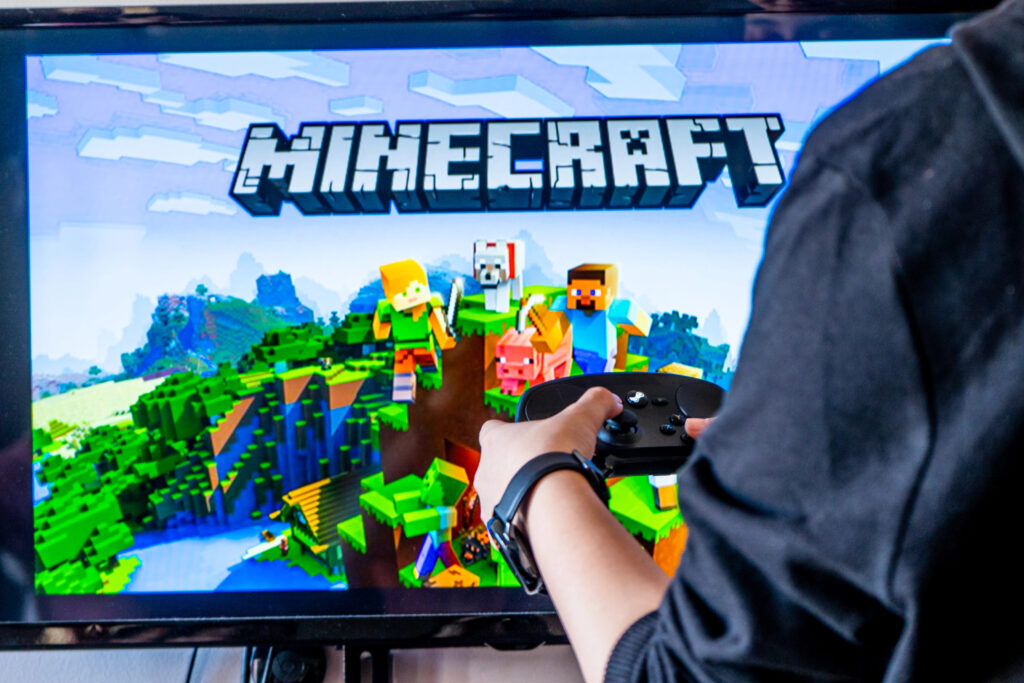
We are currently living in a world that is run on two things: High-priced coffee and nostalgia. There isn’t a day that goes by without an announcement about a movie or TV show from the era I grew up in being rebooted or reimagined. Music and fashion have cycled back to the trends and sounds of the 1990s, and high-end products are constantly produced and marketed to now-adults who crave the perceived security of childhood.
When it comes to my own kids, the urge to share all the great things I enjoyed as a kid with them is powerful. The problem is that a lot of it just doesn’t hold up through a modern lens. As a kid, I loved the original Transformers cartoon. Of cours,e I wanted to share that with my kids. But we quickly found that the original show doesn’t hold up through a modern lens, and as a result, my kids found it boring and turned their attention away from the Robots in Disguise that I loved so much.
This made me wonder whether the prevalence of parents’ nostalgia in popular culture today was pushing our kids away. Most “new” movies and TV shows are based on or adapted from concepts or properties from the past, and where does that leave a kid who doesn’t get that feeling from them?
Companies Cashing In On Nostalgia But Crushing Creation
This past week, it was announced that prolific actor Jim Carrey was eyeing the role of George Jetson in an upcoming live-action version of the classic cartoon, The Jetsons. That prompted me to wonder aloud to no one in particular, does anyone even know who the Jetsons are anymore? Who’s this movie for?
Of course, I grew up watching reruns of The Jetsons. The lack of options for kids’ programming at the time meant that a lot of the shows I watched were from 20 years before I was even born. Today, though, everything anyone has ever watched as a child or adult is available to re-watch and share with my kids.
I’m sure there are a few Jetson’s superfans out there that are very excited about the prospect of a big-time movie, but the sure-to-be multi-million dollar budget for that movie could be encouraging new ideas and stories to create for today’s audiences. I have worked in entertainment and see how much time, money, and effort are required to get something original off the ground, only to see its potential crushed by another unnecessary nostalgic reboot or sequel.
Nostalgia Is LIke A Warm Plate of Cookies

For today’s parents, nostalgia is a way to keep a bit of ourselves safe while the world around us spins rapidly out of control. According to Psychology Today, Nostalgia is a yearning for our past selves, not necessarily a particular time and place.
Nostalgic movies, TV shows, songs, and objects from that time in our lives can bring us that sense of safety and comfort. It’s perfectly natural to want to share that feeling and version of ourselves with our kids, as we want to protect them from the horrors of the world as long as possible.
The issue is that our own Nostalgia Blindness can cause us to force things on our kids. How many parents have tried to shoehorn their kids into a sport or activity they loved, only for the kid not to share it? This can lead to resentment toward the activity, or even to the parent pushing it, because kids naturally want to learn and discover on their own.
There’s A Reason Kids Like Things Like Minecraft

BJ Colangelo, a media theorist and analyst, told Vox’s Kids Today newsletter that “So much of the mainstream culture right now is based on nostalgia… stuff their parents, their siblings, or even their grandparents like. Minecraft is very much their thing.”
My own kids agree. For them, Minecraft is an autonomous space where they can be in total control. They can create whatever they want; no one is there to tell them no or why the N64 was better. It’s repeatable, new, fertile ground for their imagination, and they absolutely love it.
Personally, I don’t really get or like the game, but that doesn’t stop me from playing it with them or listening as they tell me about the differences between copper and diamond armor as they pertain to effectiveness in the Nether. But I can see them talk about it with the same passion I had for things like Star Wars, punk music, and, yes, Transformers, which probably confused my parents as well.
The reality is, even if we bombard kids with our nostalgia, they will eventually turn away from it in search of their own things to be nostalgic about in a decade or so. What’s important, I feel, is for parents to experience these things with them and learn why they like them. It’s not to look down our noses about why “our” Optimus Prime is better than “theirs.”
I mean, he is, but that’s beside the point.
